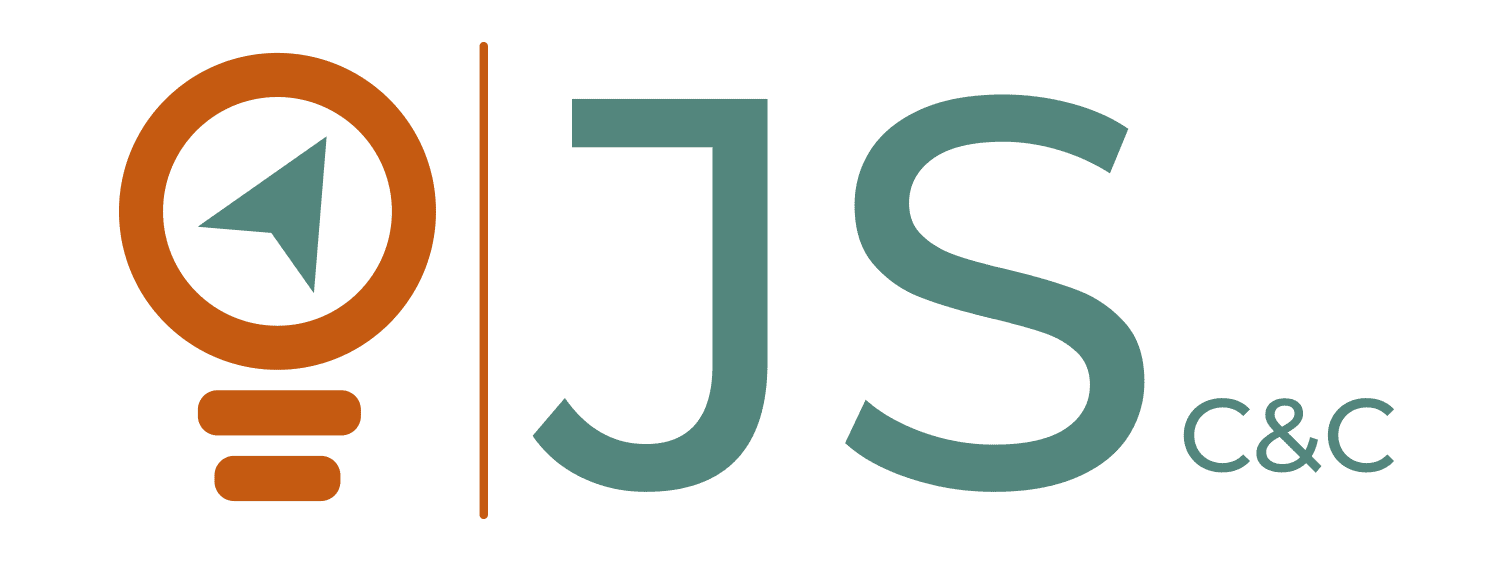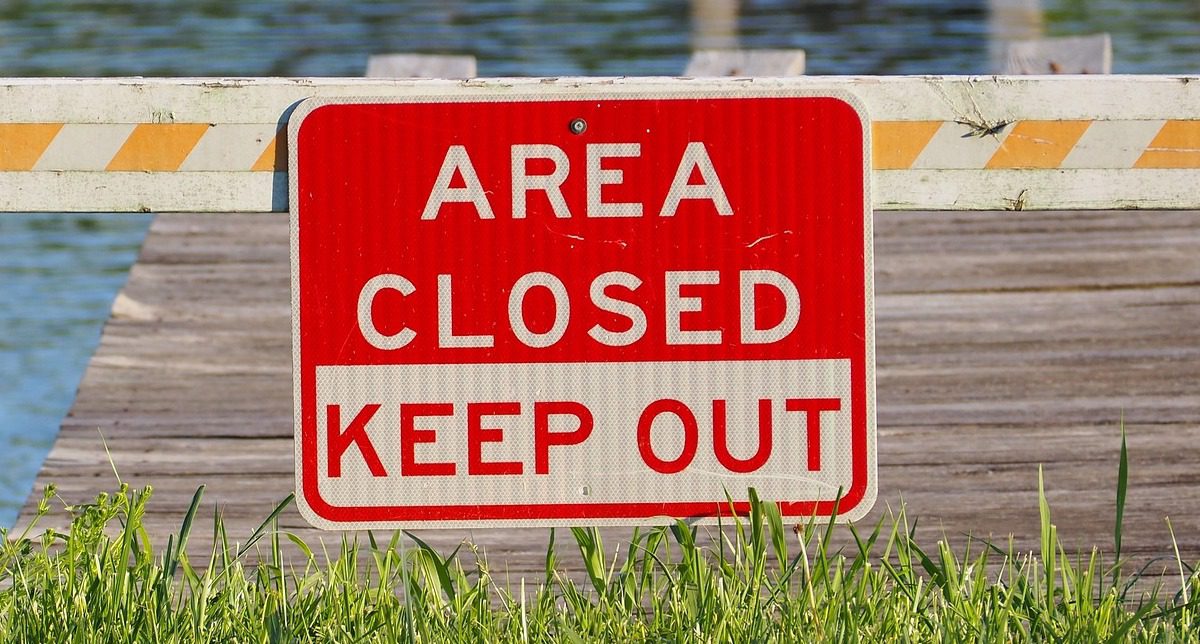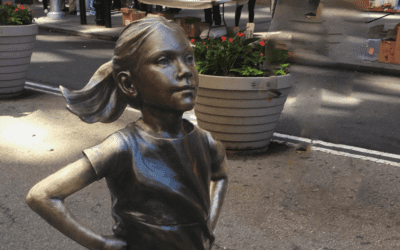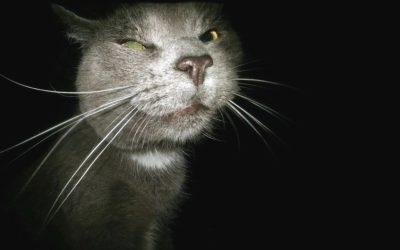We live in a society that values knowing. Knowledge is power, right? But at what cost? If we know it all, then there is nothing left to learn. Watch a child’s face when they make a new discovery, and you’ll understand the value of what you may be giving up.
Childhood is an apt place to start. This is when learning preceded knowledge. We sat on the carpet with our mom—drooling on ourselves—as she helped us put a puzzle together. We spent hours in classrooms as teachers taught vocabulary and history and geometry. But at some point in our adulthood, or our professional lives—when we started to value mastery—knowledge began to preclude learning.
In the words of academic, psychiatrist and psychoanalyst Dr. Thomas Szasz: “Every act of conscious learning requires a willingness to suffer an injury to one’s self-esteem. That is why young children, before they are aware of their own self-importance, learn so easily; and why older persons, especially if vain or important, cannot learn at all.”
A former colleague of mine was an exceptionally talented leader, but I will always remember a comment he made once in passing. He said that he had over 20 years of experience in his field, and there was nothing that could be shared with him on the subject that he did not already know.
This perspective is challenged directly in David Epstein’s piece “The Peculiar Blindness of Experts” in the June 2019 issue of The Atlantic. Epstein revisits the work of psychologist and political scientist Philip E. Tetlock who conducted a 20-year study that began in the mid-1980s. Tetlock’s curiosity was piqued after attending a conference where he witnessed subject matter experts with opposing perspectives argue resolutely with one another. They were unmoved by their peers’ dissenting viewpoints.
Following the conference, Tetlock decided to study how effective experts were in predicting outcomes in their fields. In reviewing the data, Tetlock segmented his subjects into two distinct groups: those that had deep expertise in a single discipline versus those that had breadth of knowledge that they integrated to make decisions. The former group, in Epstein’s words, “performed especially poorly on long-term predictions within their specialty. They got worse as they accumulated experience and credentials in their field. The more information they had to work with, the more easily they could fit any story into their worldview.”
There is nothing we can learn if we have decided that we already know it all. We need to keep our minds open to learning, but how?
Statistician and author of The Black Swan: The Impact of the Highly Improbable Nassim Nicholas Taleb has an interesting idea. Taleb believes that surrounding ourselves with unread books is a reminder of all the things that we do not know. He highlights author and scholar Umberto Eco who has over 30,000 books in his personal library: an impossible number to actually consume in his lifetime. Taleb calls this the “antilibrary.”
If you live in New York City—as I do—you may not have the space for both your bed and 30,000 books. Thankfully, there are more practical ways to celebrate the unknown, but that’s a tall order when we are rewarded for what we know, and we can feel ashamed for admitting what we don’t. We have internalized this value, and it shows up in powerful ways.
Have you attended a meeting where you didn’t respond to a question because you weren’t sure that you were right? Maybe you can think of an occasion when you had a question but didn’t feel comfortable asking because you thought you were the only one who didn’t know the answer.
Think how much we could learn if we weren’t governed by these fears. Imagine how much better it would feel to embrace the quality of not knowing the way we did when we were children with never-ending, unapologetic questions and ceaseless wonder.
But if you are as unmoved by these ideas, as the experts that Philip Tetlock studied over three decades ago, then I will leave you with this: No one likes a know-it-all.
And if you don’t believe me, read this excerpt from Pulitzer Prize winning poet Mary Oliver’s poem “Mysteries, Yes”:
Let me keep my distance, always, from those
who think they have the answers.
Let me keep company always with those who say
“Look!” and laugh in astonishment,
and bow their heads.




